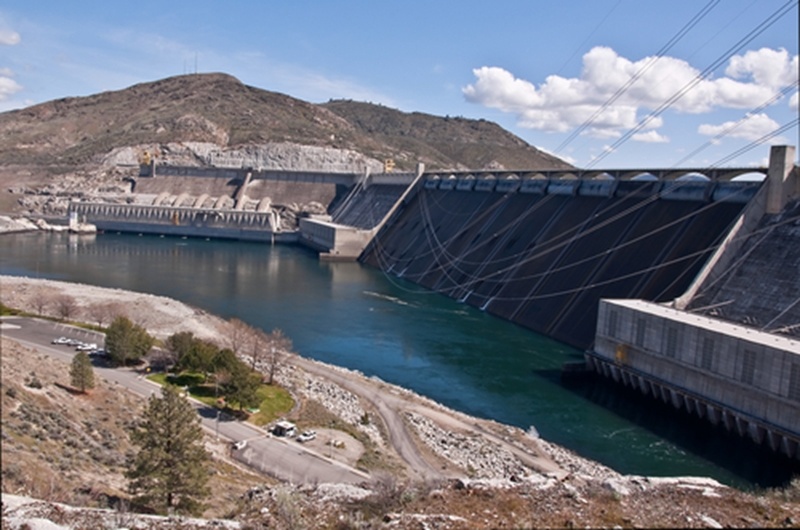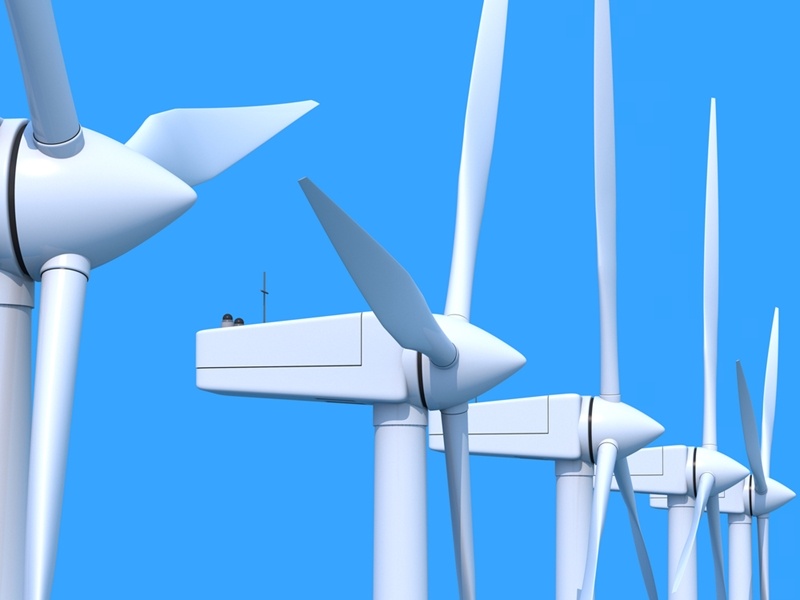The dream of a hydropowered grid
Energy must fulfill two duties if it wishes to keep both consumers and distributors happy. This power sources has to burn cleanly - if at all - and maintain the full demands of the national grid. The U.S. Department of Energy stated in its newest Hydropower Market Report how this renewable resource could play a sought-after role in the development of widespread renewable energy generation. The organization believes supporting clean energy initiatives that provide stable energy delivery are crucial to the future of the U.S. integrated grid.
According to the DOE, hydropower currently constitutes the largest portion of the U.S. clean energy generation at nearly 80 gigawatts, nearly twice as much power as is generated by wind energy and more than all other renewables combined. If the U.S. were to go forward with its notion of a more hydropowered grid, what sort of benefits could this mode of generation provide?
"Hydropower remains one of the most viable substitutes for load balancing."
The question of baseload
In the past, energy generation like coal and nuclear power led the charge to create a steady and reliable baseload for American consumption. With consumers and government officials alike seeking cleaner renewable alternatives, hydropower remains one of the most viable substitutes for load balancing. Pumped storage hydropower draws energy from the grid off-peak to send water into higher elevations, then releases the water through turbines when demand is highest, resolving the issue.
While this attracts the DOE toward hydropower as a means to combat peak demand in an emissionless way, it may also explain why the 29 states that consider hydropower definitively "renewable" classify it uniquely region to region. In its report, the DOE listed standardizing the meaning of hydropower as an integral initiative will ease the transition into adopting legislation expanding the resource's reach.
Moreover, intermittence has become a four-letter word in the realm of renewable energy, and hydropower is not impervious. Seasonal and year-to-year changes in water levels strip away at the some of the reliability coal-burning plants provided. However, unlike wind and solar, systems for predicting hydropower stability return accurate forecasting data, which can keep generators in the know.
 Hydropower: Renewable, reliable, cost-effective and versatile.
Hydropower: Renewable, reliable, cost-effective and versatile.
To dam or not to dam
Environmentalists oppose the expansion of U.S. hydropower because of its sordid history. According to Utility Dive, poorly managed hydropower plants in the past have forced wildlife into extinction and inexorably altered ecosystems. However, advocates for this renewable energy source argue the generation technology - one of the oldest in the country - retains a flexibility not found in other baseload generators. Additionally, hydropower facilities are outfitted with the technology to control the flow of the body of water they're mounted in, as well as the wildlife inhabiting it. These generators can serve a dual purpose, feeding the grid while simultaneously protecting regional energy infrastructure and ratepayers from natural disasters like flooding. Also, if managed intelligently, further investment into technology designed to preserve wildlife could save salmon as well as the plant itself meets volatile demand.
As U.S. utilities begin to divert revenue toward infrastructure advancement for a distributed energy like solar and wind, investment in hydropower would kill two birds with one stone: building 21st century efficiency into hydroelectric plants while retaining intelligent control over national waterways. Additionally, outfitting non-powered dams already in existence with modern generation technology will keep investment costs low overall. According to the National Hydropower Association, one three percent of the 80,000 dams across the U.S. are equipped to generate electricity.
This content is property of ESCO Advisors and all reproductions must reference and link back to the ESCO Advisors website.
Share this
You May Also Like
These Related Stories

Gigantic bill package opens up conversation about the future of American energy
FERC grants waiver for Energy Offer Price Cap in MISO's energy markets


